This article looks at what makes WEMWBS effective and how using it within the Makerble platform can help you go further - streamlining how you collect, analyse and learn from wellbeing data.
What is WEMWBS – and Why Use It?
WEMWBS is a 14-question scale designed to assess positive aspects of mental wellbeing. Developed through academic research and validated across diverse populations, it captures indicators such as optimism, energy, and connection to others.
Organisations use WEMWBS when they want a simple but robust way of understanding how their services affect people’s mental wellbeing. It’s particularly common in:
- Charities working in mental health
- Youth and community services
- Education settings
- Local authority and NHS-funded programmes

Limitations of Traditional Survey Tools
While WEMWBS itself is effective, how it’s delivered and analysed can be a challenge. Many organisations still rely on spreadsheets, paper forms or general-purpose survey tools — which often results in:
- Time-consuming data analysis
- Difficulty comparing results across projects or time
- Limited insight into individual journeys or group trends
- Insights that are delayed or underused
.png)
How Makerble Enhances WEMWBS
Makerble has been designed specifically with impact-focused organisations in mind. It’s built to make evidence collection easier — and to help you extract meaningful insight from that evidence as you go.
Here’s how Makerble supports organisations using WEMWBS:
📊 Instant Insight
When a participant completes WEMWBS via Makerble, their scores are reflected instantly on your dashboard. This allows teams to monitor wellbeing trends in real-time — without needing to download data or build custom charts.

🧍 Track Individual Progress Over Time
One of the strengths of Makerble is the ability to track progress at both the group and individual level. You can easily see how someone’s wellbeing has changed across multiple touchpoints — useful for frontline workers and useful for reporting.

🧩 Segment and Compare Results
Whether you’re running a single programme or delivering multiple services across locations, Makerble makes it easy to filter and compare wellbeing scores by demographic, service, team, or location.

📁 Outcomes That Link to the Bigger Picture
WEMWBS scores are part of a broader story. Within Makerble, you can link WEMWBS data to your project outcomes — showing how improvements in wellbeing contribute to your wider goals.

📄 Ready-Made Reporting
With Makerble’s reporting tools, it’s straightforward to produce summaries that highlight trends and tell the story behind the data — without needing to build reports from scratch.
Get Started
If you’re already using WEMWBS, you can get started with Makerble in a few simple steps — whether you want to import existing data or run your first survey through the platform.
We’re happy to walk you through how it works and explore how it could support your existing processes.


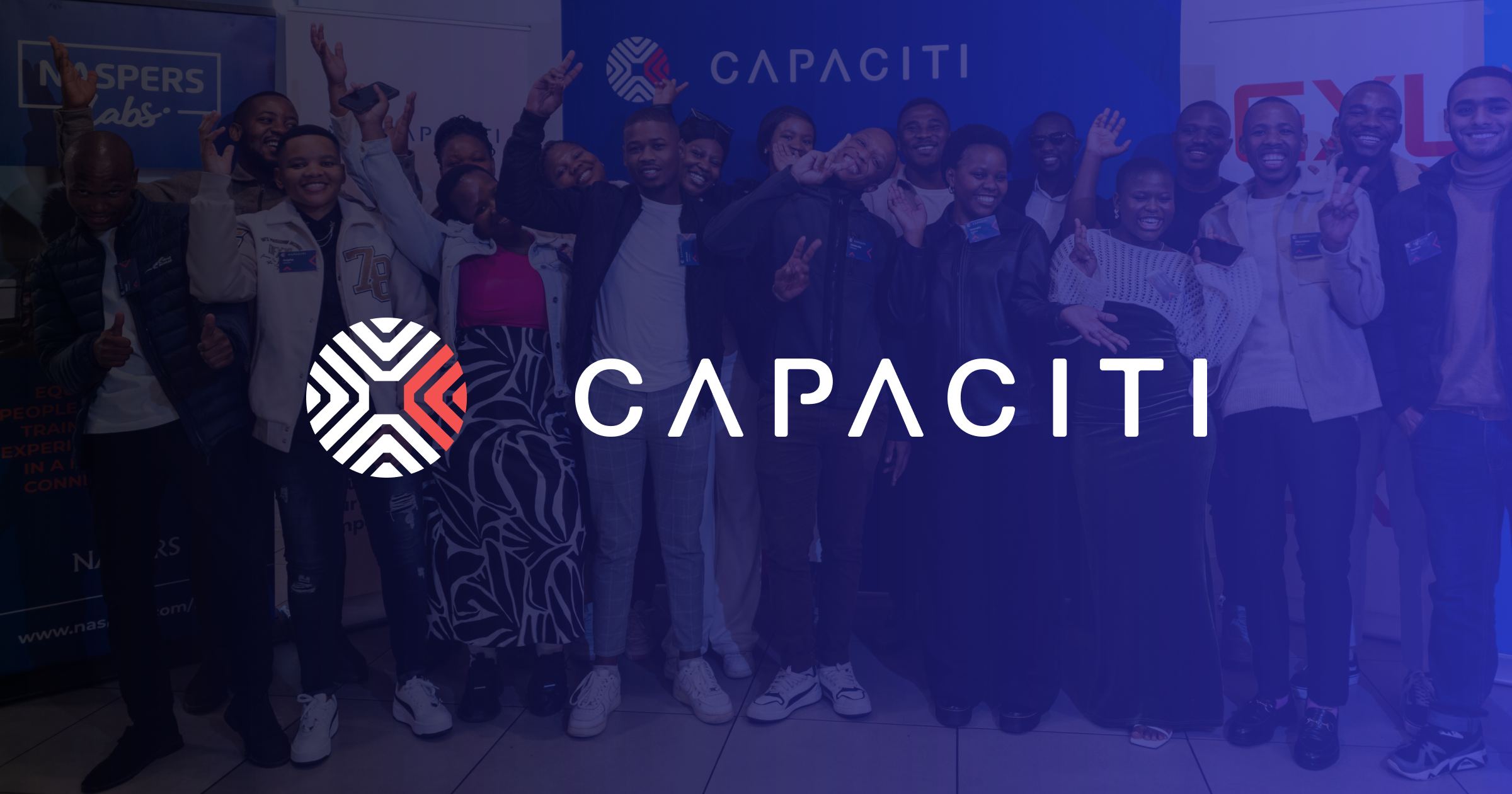
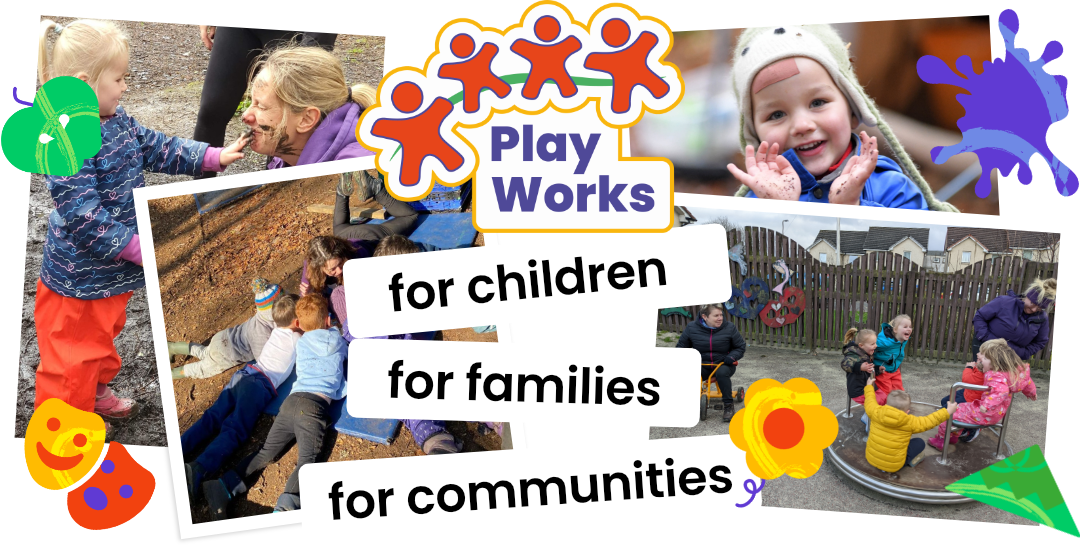










.jpg)
.jpg)

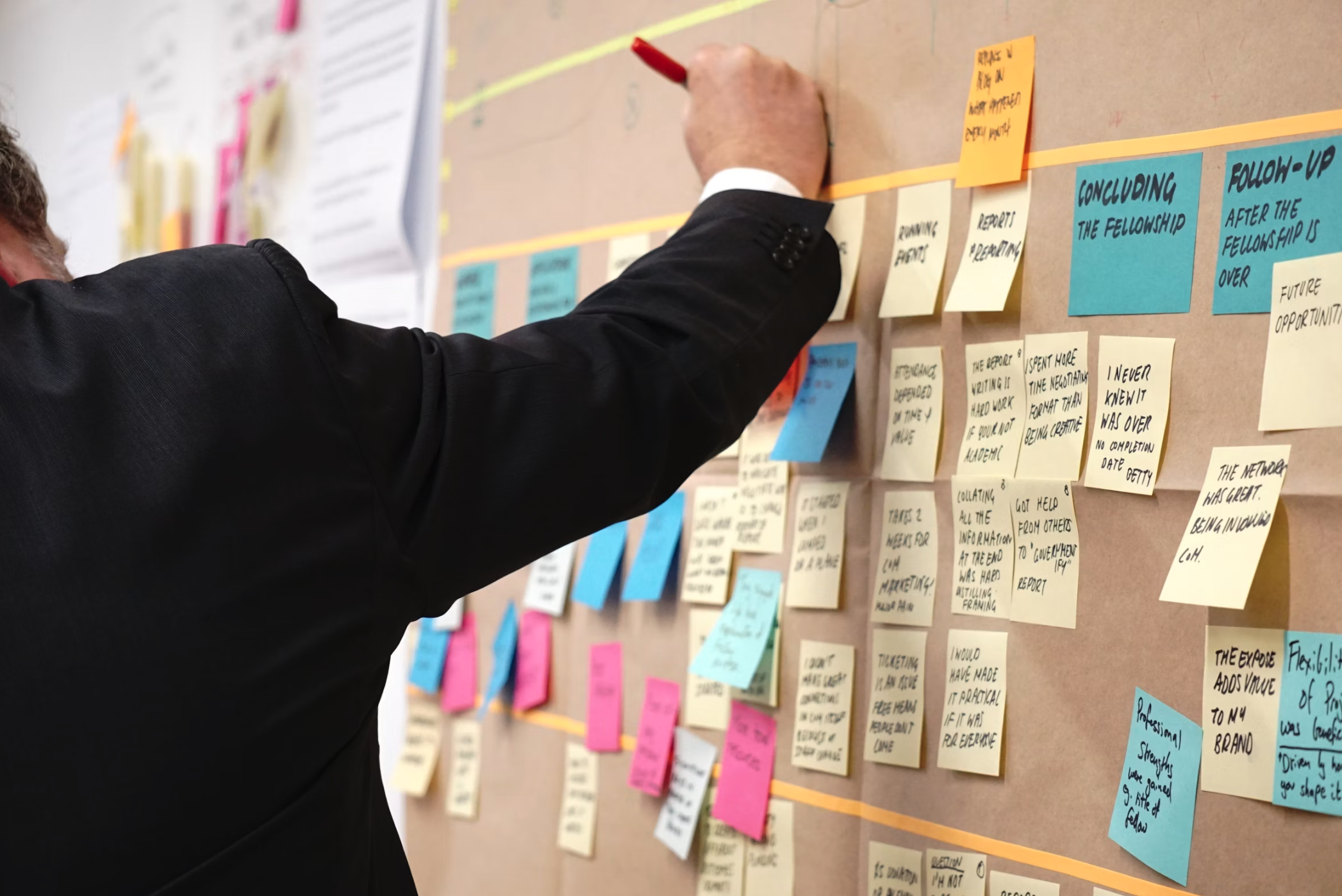


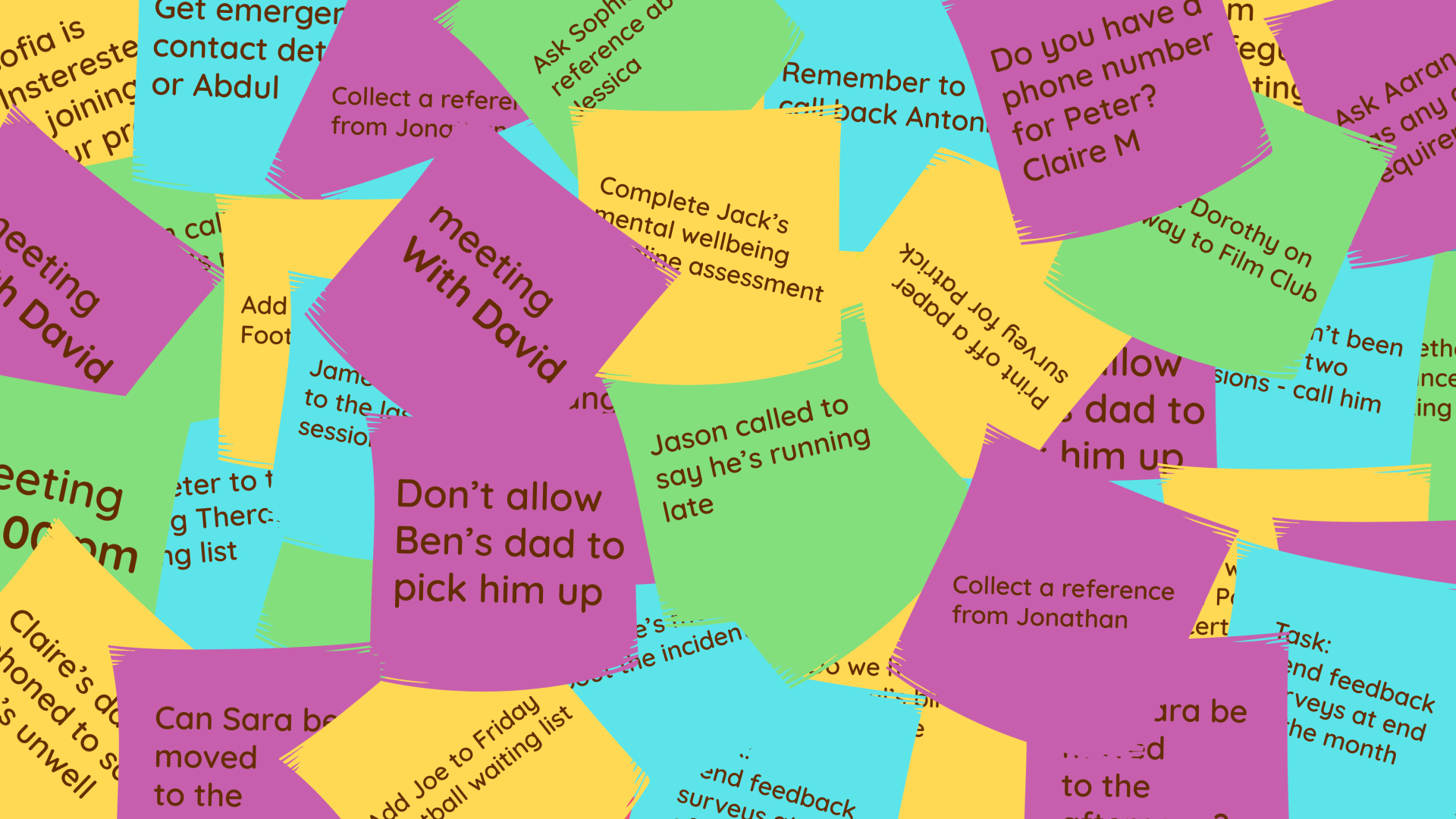



.png)


.png)






.png)

%208.png)




.png)
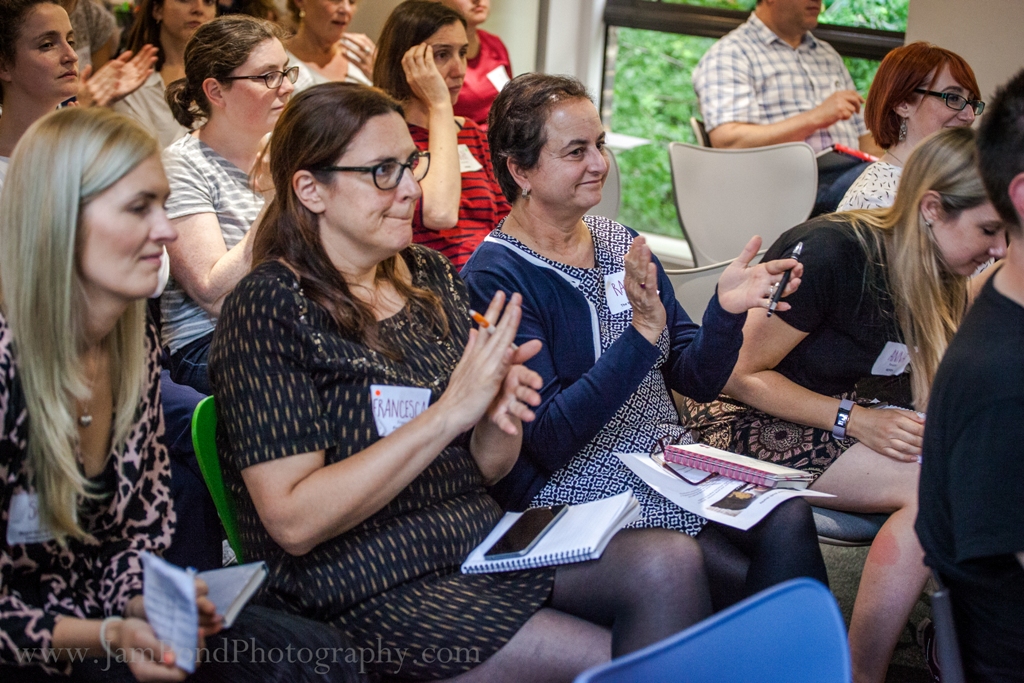


.png)

